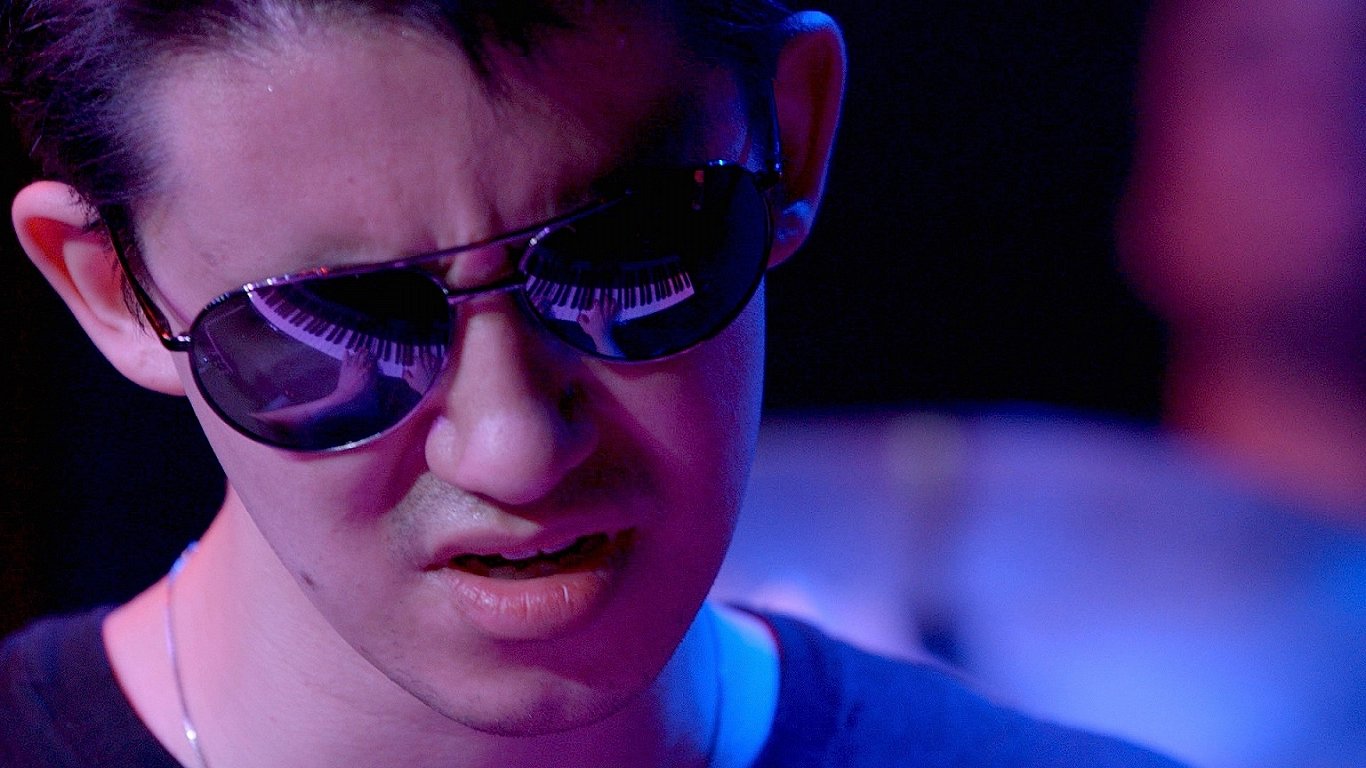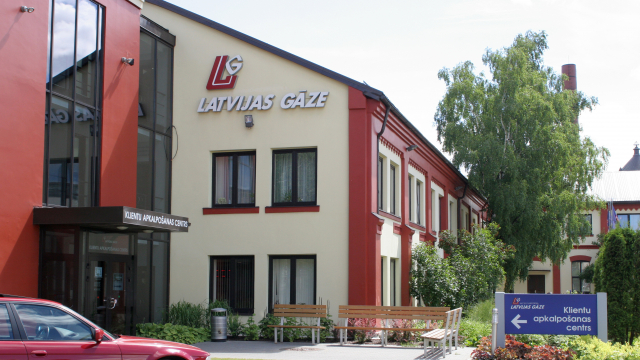LSM: Some pianists say that it takes a lifetime to discover all the options a piano can offer, since it can be played in so many ways and as a percussion instrument as well.
JK: I think it does take a lifetime and I still feel very much that I'm at the beginning of my journey discovering all the piano has to offer. My history with the piano started with classical music and I think that's a very important way to start because each piece helps you discover something new about the instrument - a new technique, maybe some new dynamics that you hadn't been aware of.
I think that's a beautiful thing about classical music. I became a jazz performer when I was at university and that's primarily what I do now. Such a path let me explore piano playing on my own terms through my own improvisation and use what I've learned from classical music. Recently I have found myself reconnecting to classical music which helps me discover new things. I think classical pianists tend to dive very deep into the instrument. They can get so many different tones just out of one note based on how they hit the key. And I understand it but I would love to understand it better.
There is something about being able to truly make a piano sing. Because, as you said, it's a percussion instrument but the ability to make the note sing is a beautiful quality not a lot of pianists possess. It does take a lifetime. But, you know, just sitting down and having no agenda also helps. Just to play and find out what the piano has to say. I'm mostly interested in how to be more vocal on the piano.
What is your relationship with other keyboard instruments and the organ?
I love them all! When you look at the organ it fits in the keyboard category. It's so different from the piano. When you hit a note on the piano you can change how hard you hit it. With the organ, you can't do that. You press it down and the volume pedal with your foot on it is what makes the difference. The organ has the ability to sing in a way that’s completely different from the piano.
You can play a chord on the piano and technically the same chord on the organ but it doesn't work. Mostly because there are too many notes. The organ is so much richer in the tone that you have to voice chords very differently. The pipe organ, the Hammond B3 organ – they are also unique. I love them all very much but I'm terrible in playing them. To play the organ is a good challenge though.
How do you like to challenge yourself? Some piano players learn drums or other additional instruments, what about you?
It's not necessarily a challenge but it’s inspirational to keep listening to pianists that I admire and also the pianists that are my peers. When I'm in New York City I love to go and see the musicians who are on a similar path with me. Because no matter how good you think you are there is always somebody better. Always! And this is a good thing because there is someone I can learn from and, as you said, can challenge me. I find myself pushed in new directions by the musicians I play with. Sometimes I play with people who are better than me and they actually allow me to become better. And I love all the instruments! I used to play drums in university. And then I realized that I don't have enough time for this.
You travel a lot. What kind of influence does environment have on your music? Especially in jazz, the city vibe seems to play an important role: New York City, New Orleans...
I become more aware of how an environment feels because of the amount of travelling I've been doing for the last two years, especially in Europe. I remember having a distinct feeling that had a really specific kind of vibe when I landed in Copenhagen. London felt somewhat similar to New York. Amsterdam is an interesting, unique city.
The first time I ever went to Europe was Munich. I had to stay overnight so I had a walk around with my friend. It was much quieter, there were more people on bikes. Comparing it to America, it was really different, partly because of the way the city is built; the other factor is the people. These aspects give you a general sense of the environment. For example, New York is fast and quite stressful, but that comes from the people.
To feel the environment is important for me. Why do I have to travel? I can't see the buildings, I can't see the mountains. But there are other aspects I can still feel in every place I go. New York, New Orleans, Chicago, Washington DC - they all have contributed to the music which is really remarkable. Each area has something to focus on.
I've been familiar with Washington DC and the musicians that come from there. If you want to talk about the emotion and soul and blues, they have it. Chicago is definitely the blues, New Orleans is about having a good time, making sure that the people are enjoying themselves. In Europe [for] the musicians the emotional content seems to be much more important. I think a lot of time it's the folk influence that usually gets to the heart of how somebody is feeling. You know - the traditional music from where you come from.
Do you like the influence of European folk music upon jazz?
I love it! Most jazz musicians don't come from a jazz background. Usually, there is something else that you loved before. When I hear folk influences and other music coming through in jazz I think this is how it should be. You're just being honest and genuine to what you are and share that aspect of your musical background. I think it's great and speaks to people’s heart! Jazz is about personal expression. We only have our personal experiences to draw from. This is what makes jazz music so special.
In the beginning, the relationship between a student and a mentor is a hierarchy. Not only in music, but also in other fields. How does this work in jazz?
It's very similar to any other field. Let's say if somebody studies to become a doctor, a very important part of the process is doing the internship at a hospital where you work under an experienced doctor. You learn from a person who has the experience and this you can never get from a book or in a classroom setting.
What I have experienced is that in a student-mentor relationship there's more than just learning from somebody else's experience. It's a real relationship with real caring and love. As a student I had a chance to spend time with the trumpeter Clark Terry and I don't think I could ever reach the level of mastery that he did on his instrument.
But what I will always remember is the close and caring relationship that has left a profound influence on me as a person and as a musician and made my play truly effective and meaningful. I mean we are here to become better at our crafts whether you’re a doctor or a musician.
But then there's another thing you learn - we all are just human beings! That is much more important to me. And that's something I cherish as I get older and hopefully will have an opportunity to give to younger musicians. I've learnt so much from Clark and Quincy [Jones] and other pianists and I want to pass that on. We're here as a community, nobody is creating music on his or her own.





























